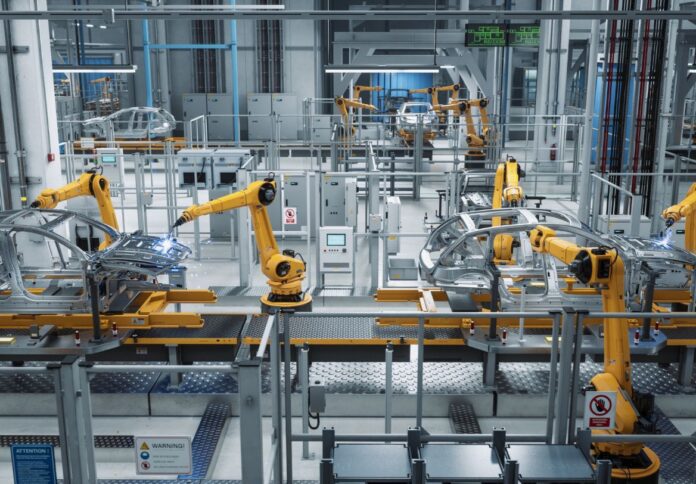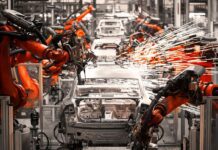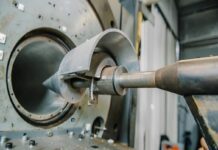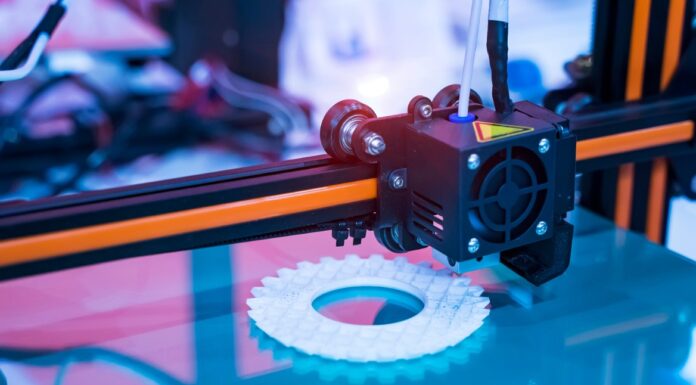
Article by Rob Marchiori, Australia Country Manager, Cognizant
To become future-ready, manufacturers need to focus on data strategies, rich customer experiences, workforce upskilling and action-backed sustainability goals.
The manufacturing industry has historically been at the head of the pack when it comes to innovation and the application of advanced technology. However, across Australia over the past few decades, a raft of challenges has seen our manufacturing capabilities decline. Recent events are forcing manufacturers to re-establish their position as technology leaders and make advancements in new areas.
For example, the abundance of green metals in Australia enables the industry to position itself at the forefront of modern global manufacturing across innovations such as battery development and production. In this way, the manufacturing sector can capitalise on new opportunities, ensuring that we are leading the way in areas like green manufacturing.
This evolution builds resilience and efficiency into operations. Beyond this, the industry needs to focus on creating comprehensive data strategies that leverage the information flowing from increasingly connected environments, and building rich customer experiences, in addition to other priorities that focus on enhancing efficiency.
Manufacturers are going through a tech revolution
As The Economist Impact research commissioned by Cognizant demonstrates, an industry previously obsessed with driving down costs is going through something of a brand refresh. Manufacturers are now striving to be high-tech and sustainable businesses. Only by backing up this progressive image with tangible action will manufacturers be ready for the future.
Manufacturers have already made significant progress by creating a solid tech foundation. In their pursuit of smart factories and automated production lines, manufacturers have turned core technology investments, such as cloud, Internet of Things (IoT) and robotics, into table stakes. Over 80% of respondents to the research survey have adopted, or plan to adopt, each of these technologies.
The quest for high-tech operations means technologies such as robotic process automation and big data analytics are also seeing high adoption rates, reflecting a need to pull data from disparate systems and drive valuable insights.
Heavy tech investment needs to be paired with a strong data strategy
Despite the wealth of data generated by IoT, cloud and 5G, many manufacturers lack robust data strategies to glean real value. For example, just 38% of respondents are using data to improve the customer experience and less than one-third are deploying supply chain analytics —despite several years of serious challenges in the space. This is worrying; without identifying a prioritized use for their data, businesses will struggle with managing, structuring, and storing it.
Technology such as artificial intelligence and intelligent automation will enable Aussie manufacturers to combine investment, data and innovation to evolve the industry down under. As this is further understood, I believe we will see Australia become a global manufacturing leader in areas such as quantum computing.
Competition for digital skills requires a new approach to workforce development
There is no doubt that the skill sets required for modern manufacturing are becoming more technical and digital. Manufacturers have recognized that providing career progression and advancement is the best way to retain and cultivate digital talent in a turbulent market.
While 93% of respondents agree that talent readiness is very important to future-readiness, fewer than half are acting on talent management strategies. If advancement pathways are not in place and training is not provided, it will be easier than ever for employees to take their skills into other organisations or industries.
Manufacturing is a tech-heavy industry, but it must better leverage its advantages in this space to change the perception of the industry. While the sector has long struggled to entice digital talent, manufacturers can attract skilled workers by promoting investment in technology, efforts toward data monetization and focus on sustainability.
Empowering manufacturing with data, tools, and control
In a world of rapid technology acceleration, it is little surprise that manufacturers are ramping up investment in technology—whether to power a new insight engine or to replace creaky technologies.
While technology may form the cornerstone of investment strategies, the overarching goal is to use the data and insights to deliver better results. The future must empower manufacturers, so they can respond intuitively to the changing world around them.




















